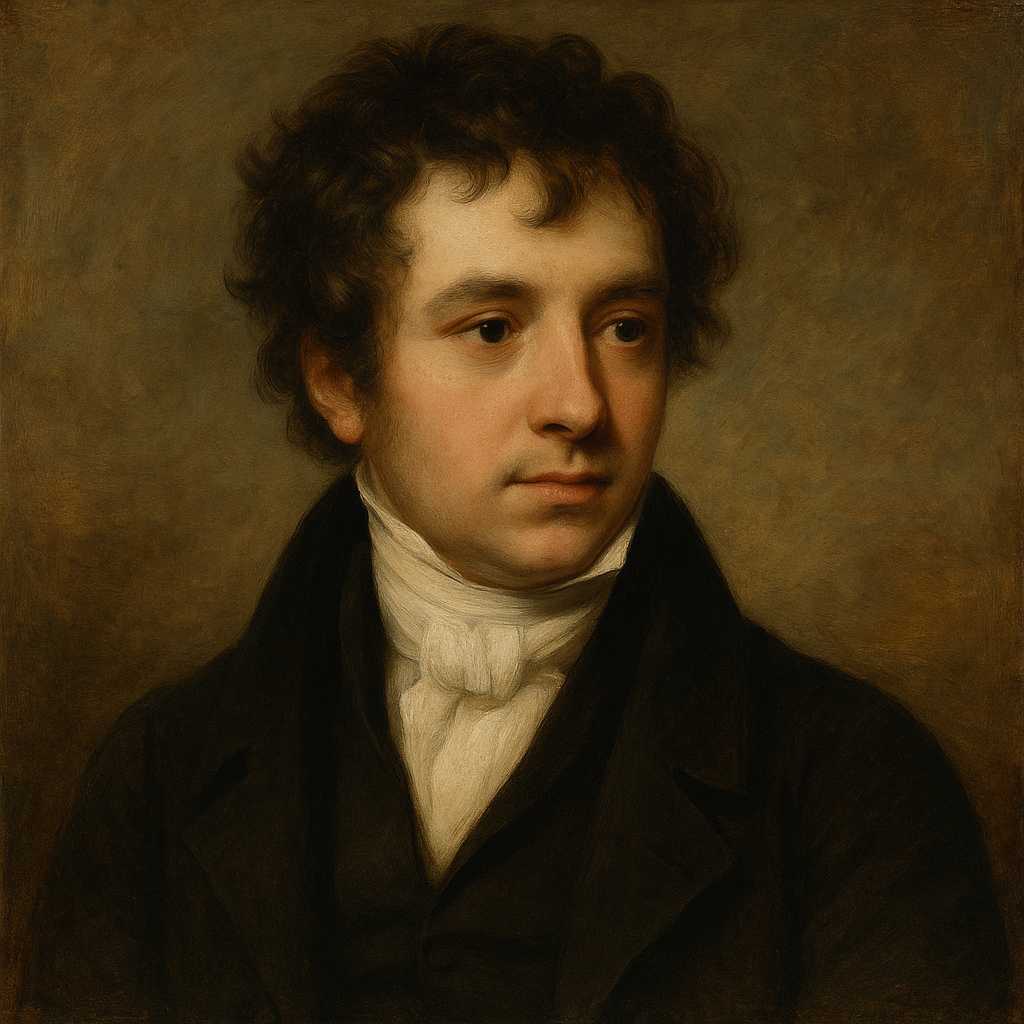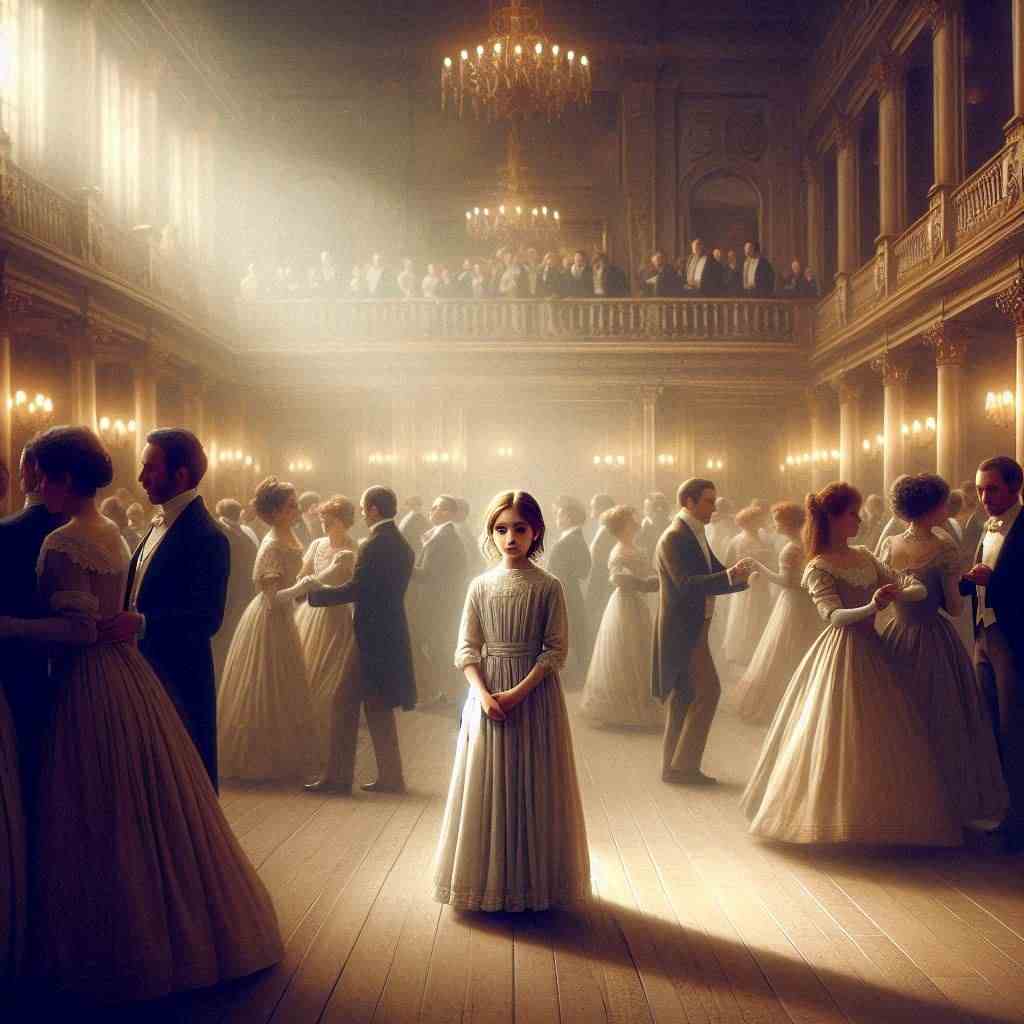5 Poems by Hartley Coleridge
1796 - 1849
Hartley Coleridge Biography
Hartley Coleridge, born David Hartley Coleridge on September 19, 1796, in Clevedon, Somerset, was a figure whose life and work were inextricably bound to the legacy of his famous father, Samuel Taylor Coleridge. Named after the philosopher David Hartley, whose associationist theories had deeply influenced the elder Coleridge, Hartley seemed destined from birth to embody the intersection of poetry and philosophy that so captivated the Romantic imagination.
As a child, Hartley was considered a prodigy, displaying an exceptional aptitude for language and literature that both delighted and burdened his father. Samuel Taylor Coleridge's poem "Frost at Midnight" famously addresses the infant Hartley, envisioning a future for his son steeped in nature and learning. This early promise, however, would prove to be a double-edged sword, setting expectations that Hartley would struggle to meet throughout his life.
Raised in the Lake District among the circle of Romantic poets, including William Wordsworth and Robert Southey, Hartley's childhood was steeped in literary and philosophical discourse. This environment nurtured his intellectual growth but also exposed him to the tumultuous personal lives of these figures, including his father's struggles with opium addiction and marital discord. The young Hartley became known for his ethereal quality, often described as elfin or sprite-like, a characterization that would follow him into adulthood and color perceptions of his work.
Hartley's formal education took him to Oxford, where he enrolled at Merton College in 1815. His time at university was marked by academic success, culminating in his election as a fellow of Oriel College in 1819. However, this promising start was abruptly curtailed when, in 1820, he was removed from his fellowship due to intemperance and irresponsible behavior. This dismissal was a pivotal moment in Hartley's life, casting a long shadow over his future prospects and self-esteem.
Following this setback, Hartley's life took on a peripatetic quality. He attempted various occupations, including schoolteaching and journalism, but found it difficult to settle into any single career. His struggles with alcohol, which had begun at Oxford, continued to plague him, contributing to a reputation for unreliability that hindered his professional advancement.
Despite these personal challenges, Hartley continued to write poetry throughout his life. His work, while never achieving the renown of his father's, displays a delicate lyricism and keen observation of nature that bears the hallmarks of the Romantic tradition. Poems such as "Long time a child" and "She is not fair to outward view" showcase his ability to capture complex emotions with subtle precision. His sonnets, in particular, are noted for their technical skill and emotional depth, often exploring themes of loss, nostalgia, and the passage of time.
In addition to poetry, Hartley produced a significant body of prose work, including biographies of Northern worthies and critical essays on literature. His "Biographia Borealis; or Lives of Distinguished Northerns" (1833) demonstrates his scholarly acumen and deep knowledge of regional history. His literary criticism, while less extensive, reveals a perceptive mind attuned to the nuances of language and form.
Hartley's relationship with his father remained complex throughout his life. While Samuel Taylor Coleridge's influence on Hartley's intellectual development was profound, his absence during much of Hartley's childhood and his own personal struggles created a distance between them. This ambivalence is reflected in Hartley's poetry, which often grapples with themes of paternal legacy and unfulfilled potential.
The latter part of Hartley's life was spent primarily in the Lake District, where he lived in relative seclusion. He found a measure of peace in the landscape that had shaped his childhood, though he continued to battle his personal demons. His gentle nature and intellectual gifts endeared him to many in the local community, who saw in him a living link to the great Romantic poets of the previous generation.
Hartley Coleridge died on January 6, 1849, in Grasmere, having never fully realized the promise that had been seen in him as a child. Yet his body of work, while modest in comparison to his father's, has its own quiet power. His poetry, with its blend of Romantic sensibility and personal introspection, offers a unique perspective on the transition between the Romantic and Victorian eras.
In assessing Hartley Coleridge's legacy, literary scholars have increasingly recognized the value of his contributions beyond the shadow of his famous father. His work provides insight into the challenges faced by second-generation Romantics, struggling to find their own voice amid the towering achievements of their predecessors. Moreover, his life story serves as a poignant reminder of the often fraught relationship between artistic talent and personal circumstance.
Hartley Coleridge's biography is thus not merely a tale of unfulfilled promise, but a complex narrative of literary inheritance, personal struggle, and quiet persistence. His life and work continue to fascinate scholars and readers alike, offering a unique window into the literary world of 19th-century England and the enduring power of the Romantic vision.
This text was generated by AI and is for reference only. Learn more
Username Information
No username is open
Unique usernames are free to use, but donations are always appreciated.
Quick Links
© 2024-2025 R.I.Chalmers (V2Melody).

All music on this site by R.I.Chalmers (V2Melody) is licensed under a Creative Commons Attribution-NonCommercial 4.0 International License.
Attribution Requirement:
When using this music, you must give appropriate credit by including the following statement (or equivalent) wherever the music is used or credited:
"Music by R.I.Chalmers (V2Melody) – https://v2melody.com"
Support My Work:
If you enjoy this music and would like to support future creations, donations are always welcome but never required.
Donate






